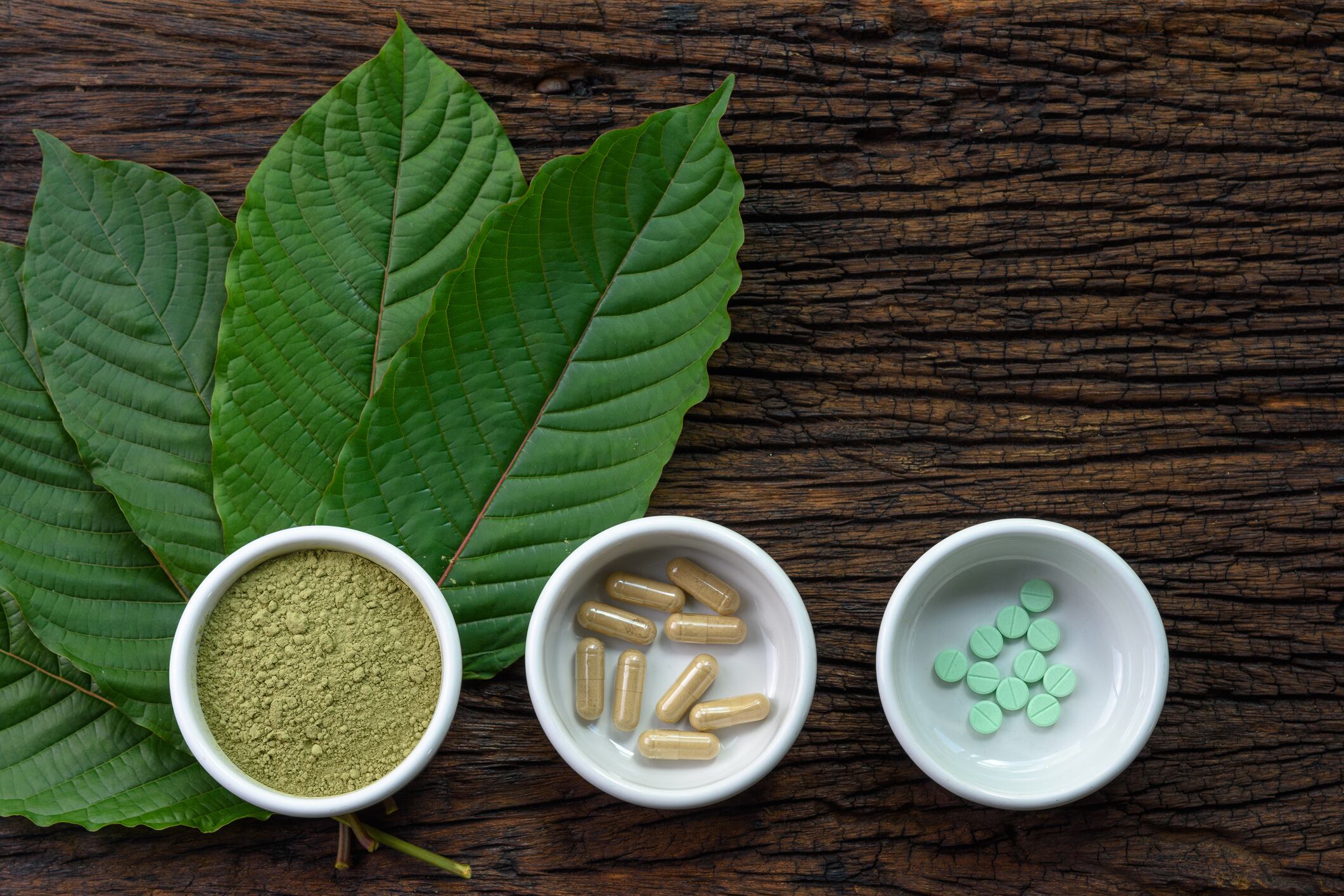It has also flagged out a number of products - most of which originated from the US.
The announcement comes a week after the US FDA issued warning letters to companies for illegally marketing products containing concentrated 7-OH. The US FDA also said yesterday (July 29) that it was recommending a scheduling action to control certain 7-OH products under the Controlled Substances Act.
The component can be found in trace amounts in the tropical tree Mitragyna speciosa, also known as Kratom.
It has been categorized as a psychotropic drug in South Korea under the country’s Narcotics Control Act since 2021.
The regulator’s announcement last Thursday was specifically directed at the cross-border e-commerce purchase of products containing 7-OH.
These products span across dietary supplements, and products in general food formats like jellies and beverage mixes.
The MFDS said that a total of 297 overseas products containing 7-OH will be blocked from entering South Korea via overseas direct purchase.
Based on information released by the US FDA, the MFDS has also flagged out 13 products containing 7-OH.
They include the products “7 Tabz 7-hydroxymitragynine Tropical” distributed by 7 Tabz, “7OHMZ Tropic Thunder Kratom” distributed by Blackbird Distribution, and “777 Jackpot Alkaloids Mango Maniac” distributed by Triple 7, IT Imports LLC.
The MFDS has also urged the public to check whether a product contains harmful and banned ingredients on its website. As of July 24, there have been a total of 3,800 such items.
“Considering that it is difficult for consumers to identify harmful ingredients and raw materials, a list of products that include harmful ingredients, etc. has also been disclosed.
“It is important for consumers to first check the ‘Overseas Direct Purchase Food Correctly’ on the Food Safety Korea website before purchasing overseas direct purchase food,” said the MFDS.
7-OH’s status elsewhere
The addition of 7-OH in food supplements is prohibited in the US and also Thailand — which permitted the use of kratom leaf extracts and powdered kratom leaf in supplements a few years ago.
In 2022, Thailand published the Kratom Plant Act, allowing food supplements to contain kratom leaf extracts or powdered kratom leaf at specific dosages.
For instance, food supplements may contain kratom leaf extracts or powdered kratom leaves that comes with 0.2 mg/day of mitragynine, including 7-hydroxymitraglynine that naturally occurring.
Kratom leaf extracts may also be present in food supplements at 1mg/day, provided that the extracts use water as a solvent.
The food supplements should also come in formats like gel, tablets, capsules, or liquids.
The US FDA, on the other hand, emphasized that 7-OH is “not lawful in dietary supplements and cannot be lawfully added to conventional foods.”
“Additionally, there are no FDA-approved drugs containing 7-OH, and it is illegal to market any drugs containing 7-OH.
“Consumers who use 7-OH products are exposing themselves to products that have not been proven safe or effective for any use,” said the US FDA.


